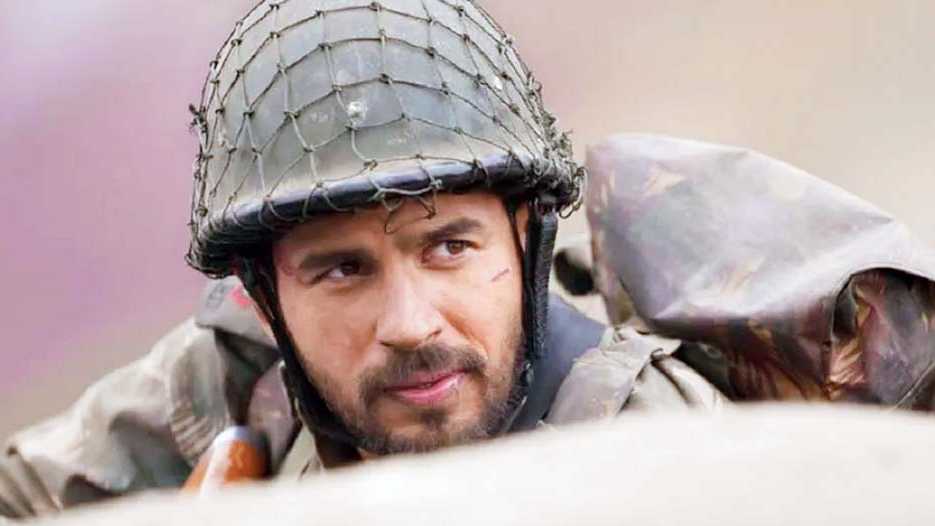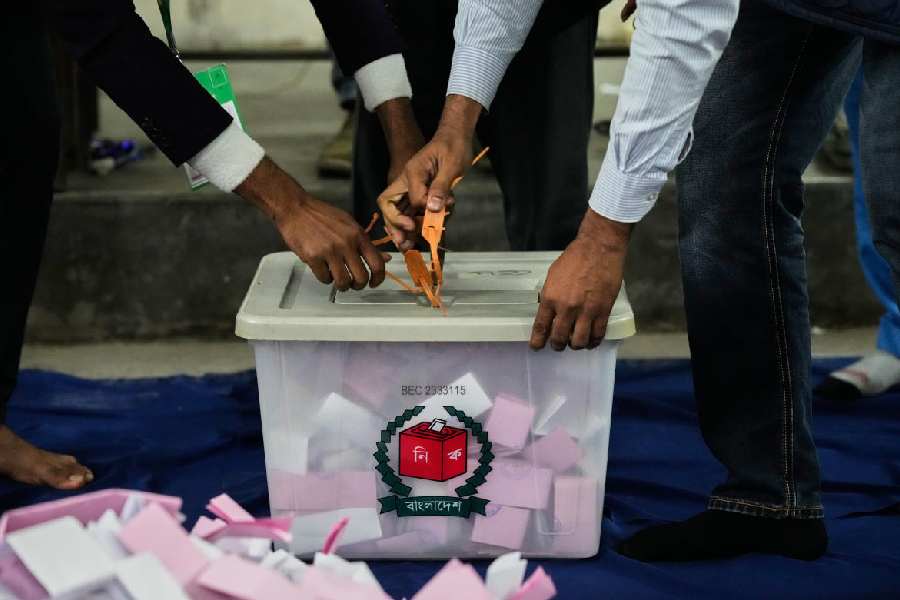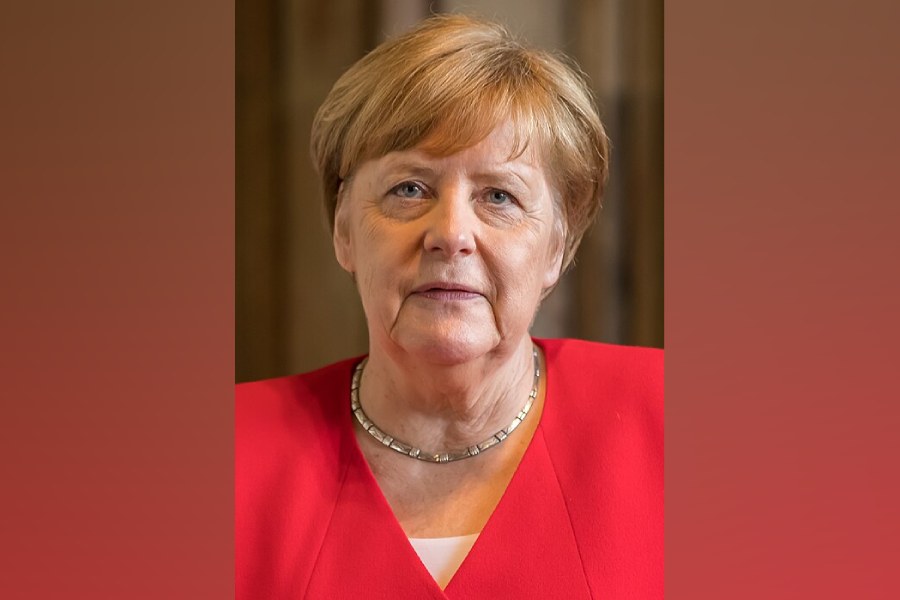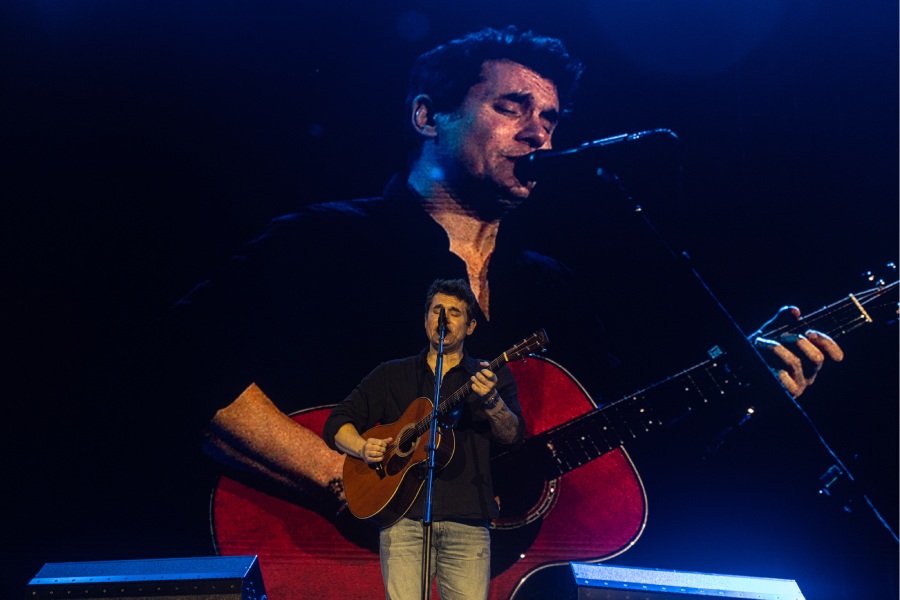Shershaah — that chronicles the heroic life and death of braveheart Vikram Batra, played by Sidharth Malhotra — opened to positive reviews on Amazon Prime Video last week, with the film’s understated tone and focus on authenticity coming in for special praise. t2 caught up for a chat with the film’s director Vishnuvardhan and writer Sandeep Shrivastava to know what makes the story of the Kargil War hero so cinematically compelling.
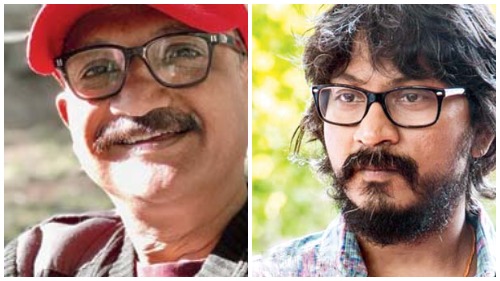
(L-R) writer Sandeep Shrivastava and director Vishnuvardhan Sourced by the correspondent
What was the genesis of Shershaah?
Sandeep Shrivastava: In 1999, I had watched the telecast of the live interview given by Vikram Batra... NDTV, Barkha (Dutt), and all that. And we all marvelled at what this young boy had done, and yet he was so calm and composed talking about it. That image stuck with me. As a writer, one always has a wish list in terms of the kind of movies you want to write. On my wish list, I always had a war movie. And if and when I wrote a war movie, I knew what dos and dont’s I would follow and what my approach would be.
Vishnu (Vishnuvardhan, the director of Shershaah) and I go a long way and we were supposed to work on a Tamil film together... I was writing it, Vishnu was directing it and Mr Kamal Haasan was slated to act in it. But for reasons unknown, it didn’t materialise. We were kind of back on the crossroads.
At that time, Shabbir Boxwala (the co-producer of Shershaah) got in touch and said that he had the rights to the story of Vikram Batra. He asked me if I would be interested in writing it and at the back of my head, the ‘war film’ bulb just lit up! I said, ‘Wow, this is it!’ I told Vishnu to also read up about Vikram Batra because I needed to know how excited as a director he would be about a project like this. He read up and told me immediately, ‘Go for it!’
Shabbir told me he had got a lot of research with him on the subject, but I wanted to do my own research. I wanted to go out and meet all those people who were important in Vikram’s life. On July 26, 2017, I started the first leg of research in Dras in Kargil and when Vishnu came on board, we did the whole round of research again (smiles).
Vishnuvardhan: For me, it was a refreshing of memory. Since the Kargil war was televised, we knew about names and incidents, but over the last so many years, the details had obviously become blurred. I had never thought I would get an opportunity do a film on the Indian Army, to do a story on their own hero, and the nation’s hero.
As a film-maker, this was a completely new opportunity for me, and something I felt I needed to show gratitude to. I wanted to know everything firsthand so that I could do justice to the story. We met a lot of his friends and family and everyone who worked with him. It’s been the experience of a lifetime for me.
What were the biggest challenges in making a story like this cinematic even while keeping it real and authentic?
Vishnu: This is a story about emotions, about a person who is an inspiration. Sometimes, truth is stranger than fiction. Especially when it comes to Captain Vikram Batra’s life, whether it was on the battlefield or his time with his family. And the love story in this film (between Vikram Batra and Dimple Cheema, played by Kiara Advani) is so unbelievable that it naturally becomes very cinematic. His story is so jaw-dropping in every which way that it lends itself naturally to a film. Vikram Batra was very filmi, look at the quote, ‘Yeh dil maange more’ that he used. We needed to tell the story well, we didn’t need to overdramatise it. We didn’t need to go in shouting... we just needed to be true to not only the emotions of the story, but also the way in which we shot the war. What we heard from the people and what our research showed is what we have depicted in the film. We shot in some of the most treacherous terrain, which was real as well as cinematic.
There is a very thin line between the patriotic and the jingoistic in Bollywood films of this genre. How did you avoid falling into the trap of chest-thumping nationalism?
Sandeep: Right from the word go, it was a conscious decision that we will not take that route. Patriotic? Yes, Jingoistic? No. Patriotism is at the core... it’s the act that makes you patriotic, not the display of that act. We were very conscious that we wouldn’t get into that zone where chest thumping becomes deshbhakti. Patriotism is inherent in all those soldiers who are present on the enemy lines. It is in their deeds and their thinking. We just had to depict that truly and we knew that we would hit a home run.
Vishnu: All of us are patriotic, whether we speak about it or we don’t. We needed the emotion to dictate our story. That was pretty much the focal point that we maintained for the film.
How has your idea of those who lay down their lives for us been altered after making this film?
Sandeep: ‘Heroic’ is the image that we have of all of them. Larger-than-life is what we think of them, which is fed to us through the movies we watch as well as the media. But when I interacted with these soldiers, I realised that there is also a vulnerable side to them. Inside the uniform, there is a human, there is a heart beating which is thinking of the family back home, the love that he’s left behind....
At the same time, this is a man who will forget everything and sacrifice his life for the call of duty. That is the jazbaa that one is born with, not everyone can have it. They have both parts throbbing in them, but they sacrifice family for country. The man behind the uniform is what makes it interesting.
Vishnu: How many of us get the chance to interact with them at such close quarters and see what they go through in their lives? We protect our homes, these people leave their homes to protect our homes. Their perspective is completely different. We were filming at an altitude of 12,000ft and losing breath every second. But our passion drove us to make this film. During the Kargil war, they had much less technology, they traversed some of the most crucial terrain, they carried more ammunition and let go of their protection gear, and they recaptured our land. When I came back from there and looked at my life and the lives of the people around me, I realised these soldiers are another breed. It’s in their muscle memory and in their blood to stand in front of us and protect us.

